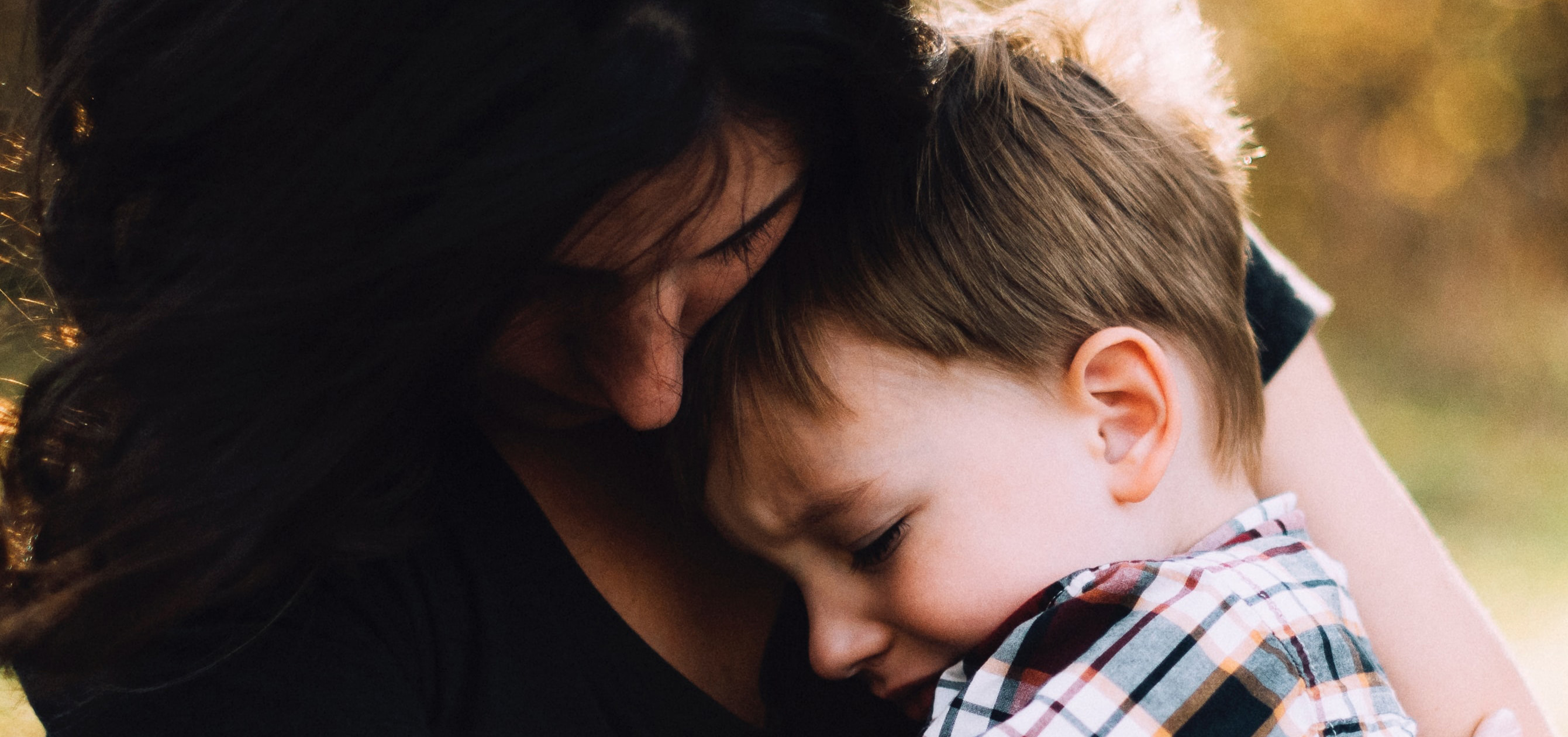Understanding the caregiving and attachment narratives of parents of autistic children
- Tuesday, June 8, 2021
New research, led by Dr Ben Grey of the University of Roehampton, sought to give an interpersonal understanding of the problems of families of autistic children and found that a high level of trauma in the parents’ early childhood shaped the way they interpreted their child and the parent–child relationship.

The study explored the caregiving and attachment relationships of the parents of autistic children, drawn from an evaluation of a multi-family intervention. A multiple case-study approach was used to build a model of the caregiving and parent-child relationships within the sample group. The research team found a high level of trauma in the parents’ own early childhood, which then shaped the way they interpreted their child and the parent child relationship.
The researchers interviewed 16 families with a child recently diagnosed with Autism Spectrum Disorder (ASD). Using a Parent Development Interview, they asked parents to reflect upon their child, their relationship with them, their experiences of parenting and of being parented themselves. These interviews were then analysed using the Meaning of the Child Interview (MotC) analysis, a method of understanding the parent-child relationship which evaluates the way parents think about their child.
This analysis is based upon attachment theory, which states that attachments shape the early development of the human brain. Although autism has a strong inherited component, attachment research examines how our innate qualities interact with our environment. As children, we all develop strategies to deal with our environment. Our childhood attachment can become a model for the way we interact with others as adults influencing how we experience, protect and nurture our children. By investigating how the specific problems identified by parents manifested in their relationships, the research sought to develop understanding in ways that might assist those helping families negotiate these issues.
The research identified a circular process of ruptures within the family relationships of the study participants. The ways in which parents had learned to protect themselves and manage adverse and frequently traumatic early experiences, impacted how they perceived and experienced their child’s struggles. This frequently undermined the parents’ intentions to parent differently from how they were parented. Both parent and child seek to protect themselves from the pain and shame inherent in their feelings of ‘disconnection’ which can set up a negative cycle of ruptures in the parent-child relationship. This may be exacerbated by commonly available autism narratives, which can encourage parents to experience their child as fundamentally separate and unknowable, as well as encouraging a mechanical understanding of their child’s behaviour as ‘caused’ by an impersonal brain-deficit rather than occurring in a relationship and having a personal explanation and consequences.

Trauma scripts, corrective intentions and defensive caregiving in families where a child has an autistic spectrum disorder diagnosis (adapted from Dallos, 2019: 120).
The research fundamentally aims to empower families to reframe the disconnections they may feel, so that they might reclaim their ability to influence the relationships that matter to them, and support clinicians in their work with families to help parents realise their positive intentions that do not support a shame-based cycle.
Dr Ben Grey is the programme convener on our MSc Attachment Theory, Research and Practice. You can also view a lecture with Dr Grey talking about this research here, and view the full research paper here.